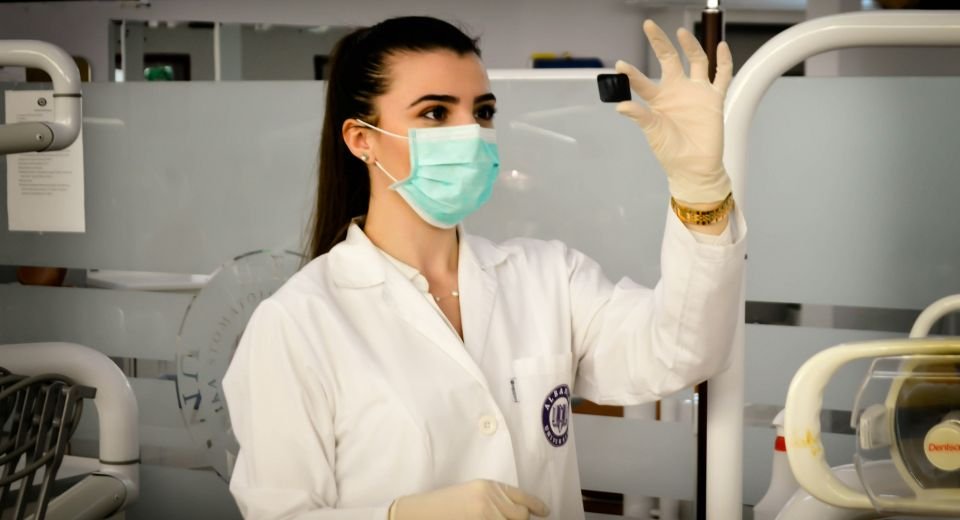HQ Team
May 31, 2024: Technology-based medical training has led to junior doctors avoiding the ward to stick to the electronic tablet — a healthcare crisis that will soon rear its head as doctors will not have real-world experience, an expert said.
Richard Charles Horton, an honorary professor at the London School of Hygiene and Tropical Medicine, University College London, and the University of Oslo, said medical students are being ignored at the cost of what it means to be a doctor (Latin, docere, to teach.)
“Despite junior doctors often foregoing sustenance as a time-saving measure to compensate for staff and patient pressures, post-COVID-19, we have failed to consistently free up time in the day to impart ward-based teaching,” he wrote in the Lancet journal.
“And so, the once eager medical student—feeling dejected again by a well-meaning but overwhelmed junior doctor—withdraws to their university-provided e-learning and eventually heads home.”
No real-world experience
Horton, an OBE FRCPCH FMedSci editor-in-chief of the Lancet, a UK-based medical journal, said the indolent side-effect of the healthcare crisis in the UK will soon rear its head when a graduating tranche of academically minded doctors without much real-world experience is released into the nation’s creaking hospitals.
“These doctors may not have seen septic shock, nor spoken to a dying patient’s family, and may have taken blood gas samples from only a plastic wrist.”
The UK needs “punchy, repeated, and passionate mentoring of medical students.”
“We should support their training as if they were athletes, by investing in their intellectual and emotional fortitude to withstand the blows of a modern medical career.”
The medical system cannot continue to abuse the ever-dwindling goodwill of exhausted doctors, he wrote.
Teach students
“A top-down mandate—that ring-fences the release of all grades of doctor from clinical commitments—to teach medical students at the bedside is the only way forward,” he said.
The medical expert said in some instances the junior doctors felt abandoned in a system that “simply did not care.”
“Our modern vision for 21st-century medical professionalism meant little if we were ignoring the circumstances and feelings of these newly qualified colleagues. What kind of profession had we created?”
In the past doctors indulged in small group tutorials that encouraged discussion and dissent, he said. “You could pursue particular interests with a faculty that welcomed your curiosity. You had time to read and to think. And when you were on the wards, you were part of a team—a “firm”—that guided you professionally and pastorally as your experiences in medicine evolved and matured.
“In 2024, it is surely time to end the pervasive harm medical education is inflicting on its students. Medical schools are presiding over an epidemic of injury within their student body. Deans of medicine seem oblivious or indifferent.
“What have we done to the most precious opportunity medicine possesses—each new generation of medical students?”
